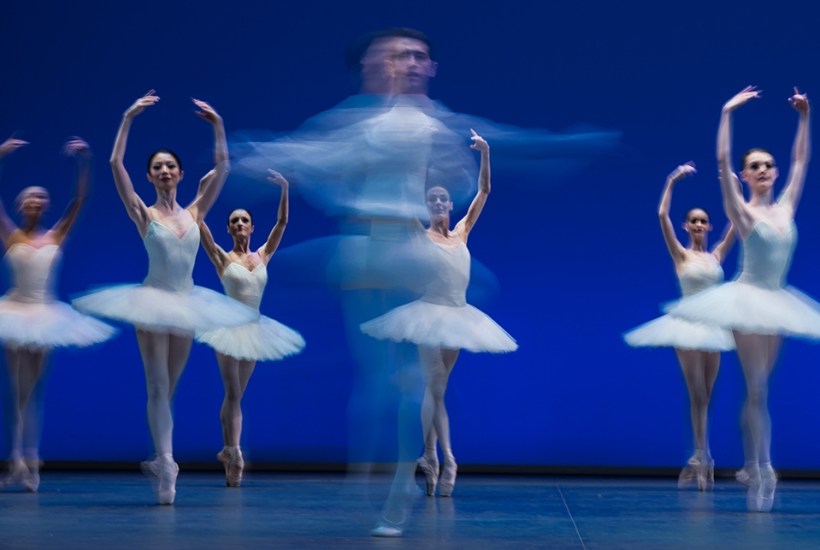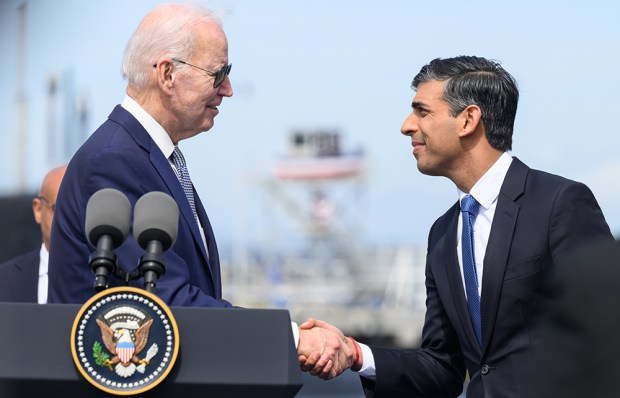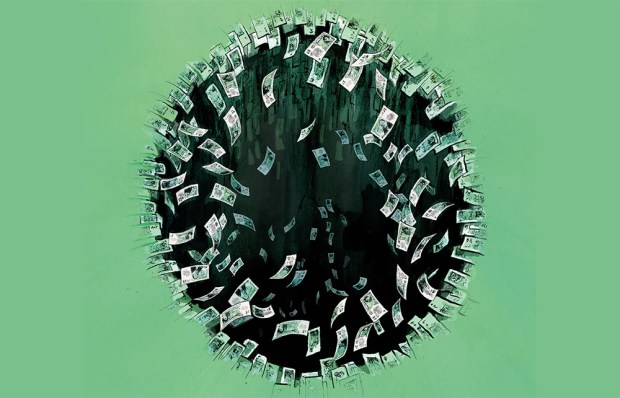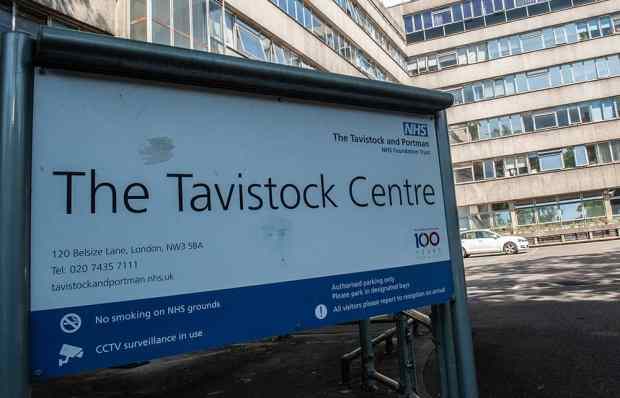Putin’s options
Sir: I agree with Paul Wood that Vladimir Putin is on the back foot (‘Cornered’, 24 September). His actions, from partial mobilisation to nuclear threats to the rapid referenda in occupied Ukraine, indicate a psychopathic gambler who hopes that one last spin will turn Lady Fortune his way. However, there is a big gap between ‘losing’ and ‘lost’, and that is where the focus on the nuclear threat by the West is unhelpful and dangerous.
Already a subscriber? Log in
Subscribe for just $2 a week
Try a month of The Spectator Australia absolutely free and without commitment. Not only that but – if you choose to continue – you’ll pay just $2 a week for your first year.
- Unlimited access to spectator.com.au and app
- The weekly edition on the Spectator Australia app
- Spectator podcasts and newsletters
- Full access to spectator.co.uk
Or
Unlock this article
You might disagree with half of it, but you’ll enjoy reading all of it. Try your first month for free, then just $2 a week for the remainder of your first year.














Comments
Don't miss out
Join the conversation with other Spectator Australia readers. Subscribe to leave a comment.
SUBSCRIBEAlready a subscriber? Log in